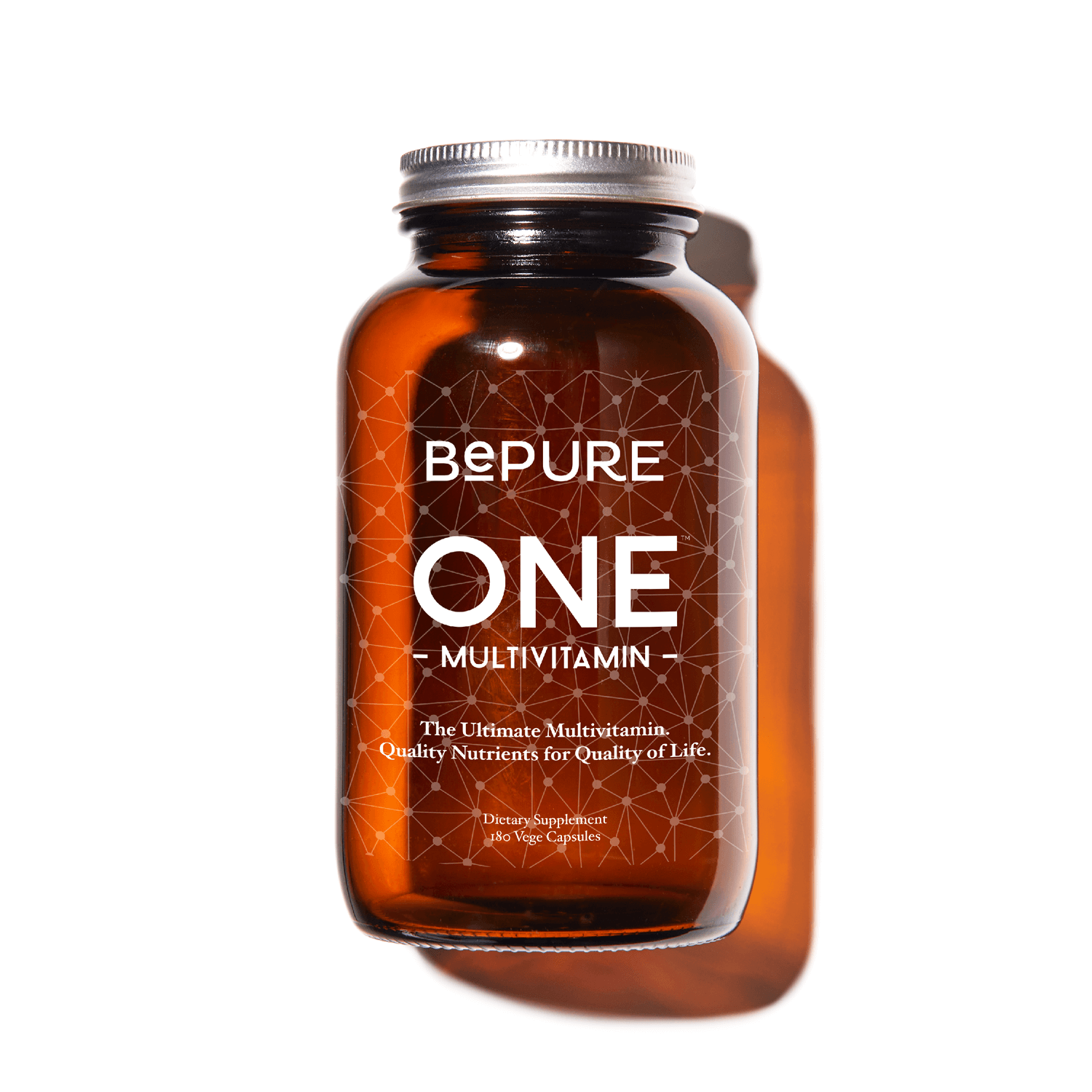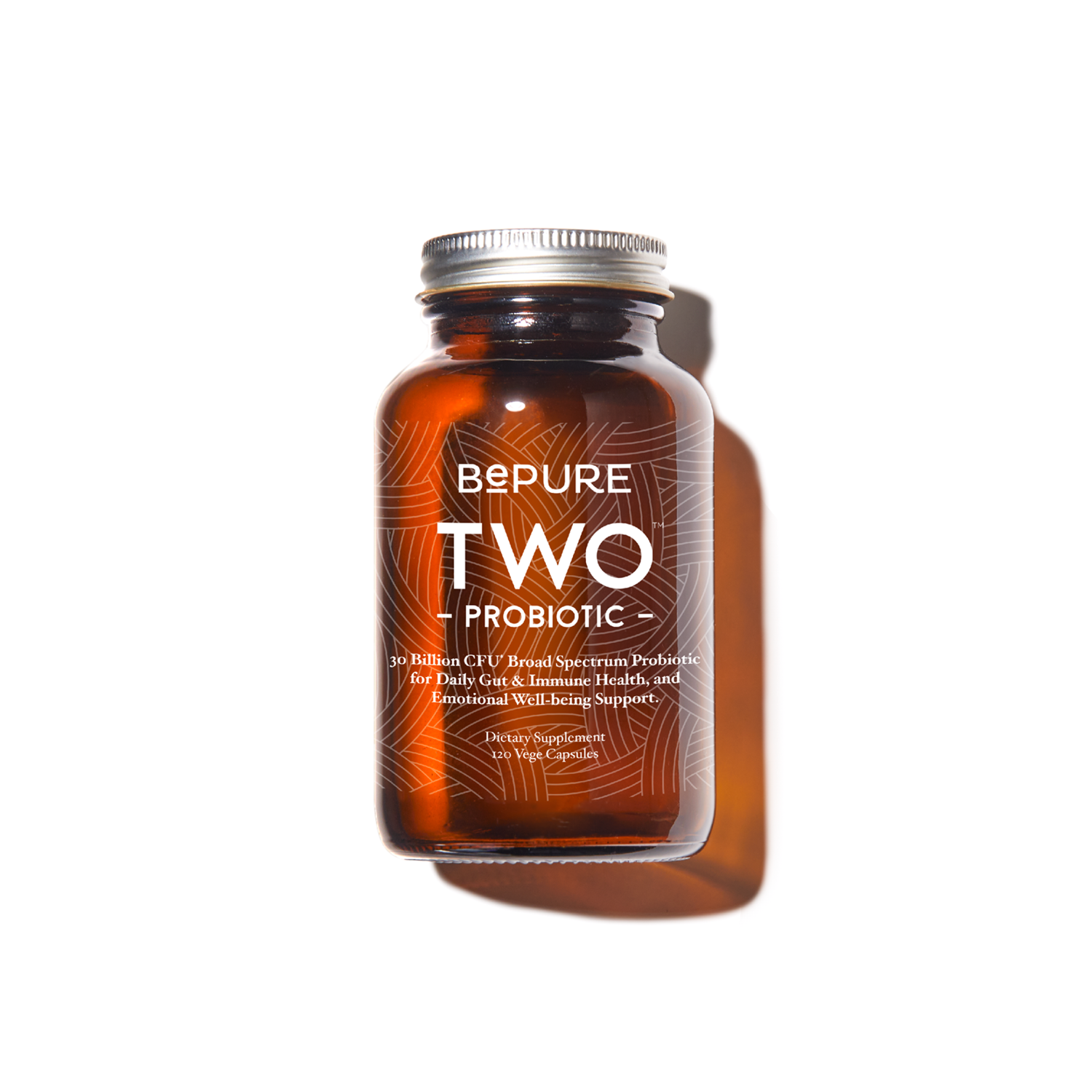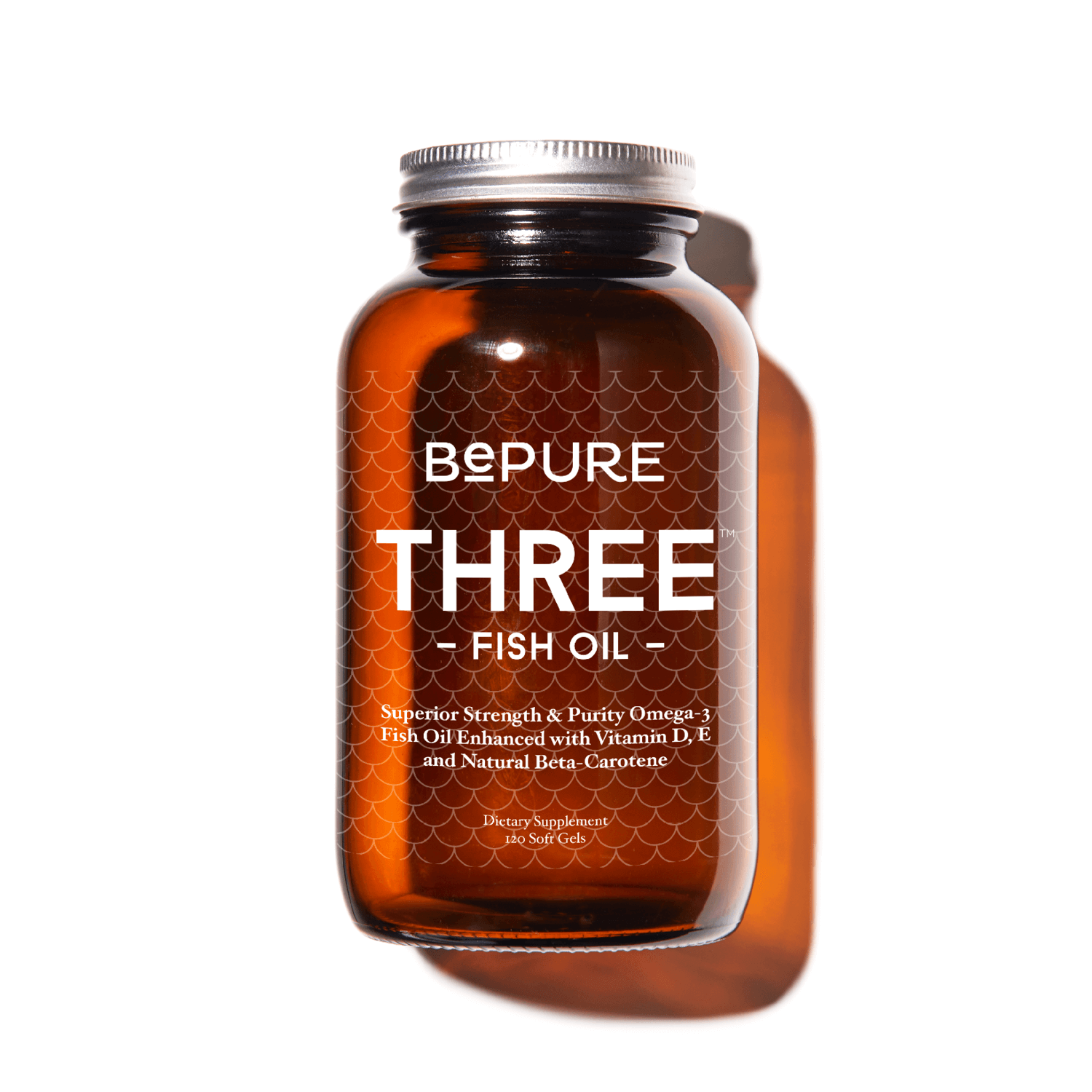Folate and folic acid are both forms of the pregnancy-popular vitamin B9. However, while they serve the same purpose, they have some key differences, and whether we’re trying to conceive, pregnant or nutrient deficient, we all want to ensure that we’re opting for high quality, easily absorbed doses.
In this blog, we will learn more about:
- The different forms of vitamin B9
- Their pros and cons
Why is folate important?
Most commonly known for its benefits to pregnant women, folate is vital for preconception through to breastfeeding, to ensure both mum and baby have the nutrients they need.
The New Zealand Ministry of Health recommends the following daily intakes for different stages:
- 400mcg for adults
- 800mcg for pregnant or soon-to-be-pregnant people; and
- 500mcg for those who are breastfeeding
In pregnancy, folate supports the body in avoiding neural tube defects which can lead to issues such as paralysis, underdeveloped brains, and bowel and bladder problems.
For those who are not pregnant, folate is also essential and supports:
- Healthy energy and vitality
- Healing mouth sores
- Cell growth and DNA production
- Premature hair greying
- Neurotransmitter function
- Hormone production
Some of the most folate-rich sources of foods and their amounts are:
- Beef liver: 85g = 215mgc of folate
- Boiled spinach: ½ C = 131mcg of folate
- Black-eyed peas: ½ C = 105mcg of folate
- Asparagus, boiled: 4 spears = 89mcg of folate
- Broccoli: ½ C = 52mcg of folate
What is Folate?
Folate is a natural form of vitamin B9, found in foods like dark leafy green vegetables (broccoli, kale, brussels sprouts), liver, beans, seafood, and eggs.
It is fundamental for the growth of healthy cells and DNA, making it arguably one of the most important nutrients to be aware of during pregnancy.
Folate from food sources varies in bioavailability depending on the gut health of the person consuming it, which is part of the reason why supplemental B9 is recommended to expectant mothers.
Furthermore, if you are pregnant or breastfeeding, The NZ Ministry of Health outlines that it will be near impossible to get all the folate you need from diet alone, which is why a supplement is recommended. “If women relied on green leafy vegetables and fruit to increase their folate intake, they would have to eat the equivalent of 500 g of raw spinach or 900 g of boiled spinach or raw broccoli daily to get the amount needed to reduce the risk of having a baby with a neural tube defect.” - NZ Ministry of Health
What is Folic Acid?
Folic acid is a synthetic form of folate, and is commonly found in many prenatal supplements.
Some synthetic nutrients are wonderfully easy for the body to absorb and use, such as ascorbic acid (vitamin c), however folic acid doesn’t necessarily fall into this camp.
Folic acid is a tricky compound for some of us to absorb and use, and our bodies’ ability to do this depends on our genetics. For this reason it isn’t considered to be the best quality form of folate.
Say hello to Folinic Acid
If folic acid isn’t great quality, and intake and absorption of dietary folate isn’t considered enough for conception, pregnancy or a B9 deficiency, what are we to do?
Folinic acid and methylated folate have performed really well in studies and are highly bioavailable, making it easier for our body to use. This is why BePure Folate Restore includes both folinic acid and methylated folate.
What next?
When thinking about conception, pregnancy, or breastfeeding supplementing with a high quality form of folate is highly recommended. And remember, diet matters too! So keep up an intake of folate-rich foods.
BePure Folate Restore contains folinic acid and methylated folate to support healthy conception and pregnancy for mum and baby.




